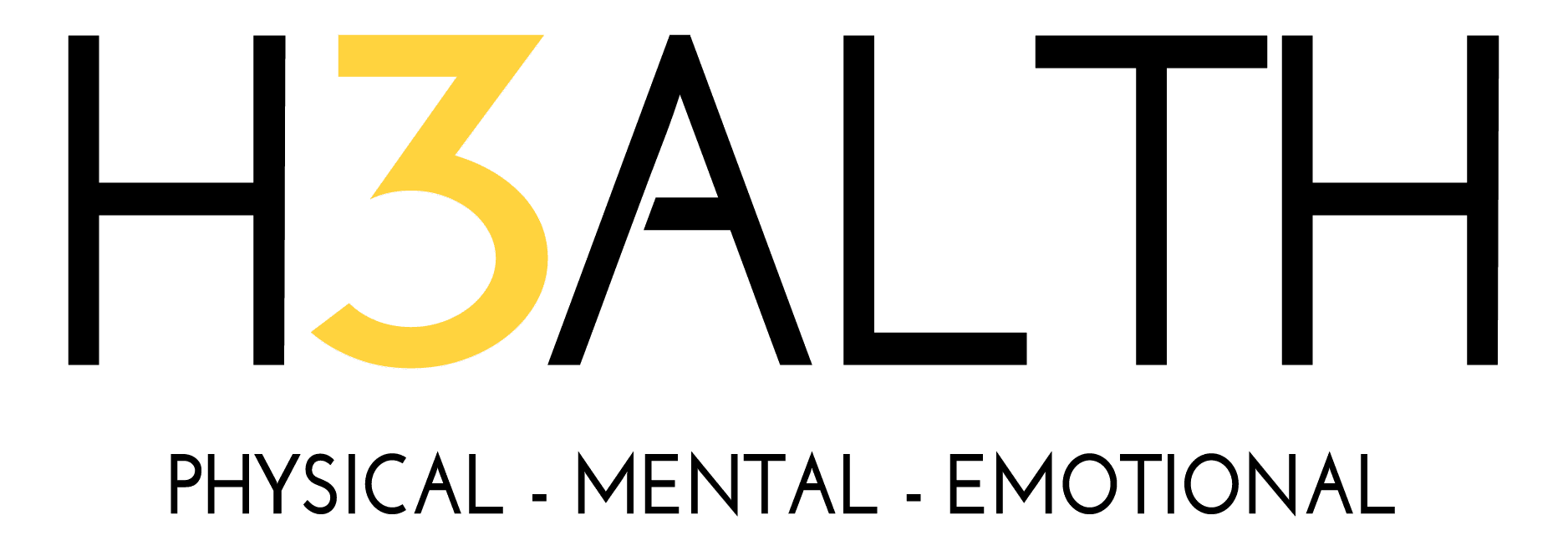
In today’s fast-paced world, it can be tempting to turn to supplements as a quick and easy way to meet our nutritional needs. With so many options available, from multivitamins to protein powders, it’s easy to believe that supplements can replace healthy nutrition. However, this is a common nutrition myth that can have serious consequences for our health.
While supplements can be helpful in certain situations, they should not be relied on as a replacement for healthy, balanced nutrition. Whole foods provide a variety of nutrients that supplements may not be able to replicate, such as fiber, antioxidants, and phytochemicals. These nutrients work together to support optimal health and wellbeing, and cannot be fully replaced by supplements.
Another issue with relying on supplements is that they are not regulated in the same way that prescription drugs are. This means that the quality and safety of supplements can vary widely from one brand to another. Some supplements may contain harmful contaminants or may not contain the ingredients listed on the label. It’s important to do your research and choose high-quality supplements from reputable brands to ensure that you are getting what you pay for.
Furthermore, supplements can be expensive and may not be necessary for everyone. In fact, studies have shown that most people can meet their nutritional needs through healthy nutrition alone. Supplements should only be used as a supplement to healthy nutrition, not as a replacement for it.
So, what does healthy, balanced nutrition look like? It should be rich in fruits, vegetables, whole grains, lean proteins, and healthy fats. These foods provide a variety of nutrients that work together to support optimal health and wellbeing. Additionally, it’s important to pay attention to portion sizes and limit processed foods, added sugars, and unhealthy fats.
Of course, there are some situations where supplements can be beneficial. For example, pregnant women may need to take a prenatal vitamin to ensure that they are getting enough folic acid and other nutrients to support a healthy pregnancy. Vegans and vegetarians may need to take a vitamin B12 supplement, as this vitamin is primarily found in animal products.
While supplements can be helpful in certain situations, they should not be relied on as a replacement for healthy, balanced nutrition. Whole foods provide a variety of nutrients that work together to support optimal health and wellbeing, and cannot be fully replaced by supplements. By focusing on healthy nutrition and choosing high-quality supplements when necessary, we can ensure that we are meeting our nutritional needs and supporting our overall health and wellbeing.


